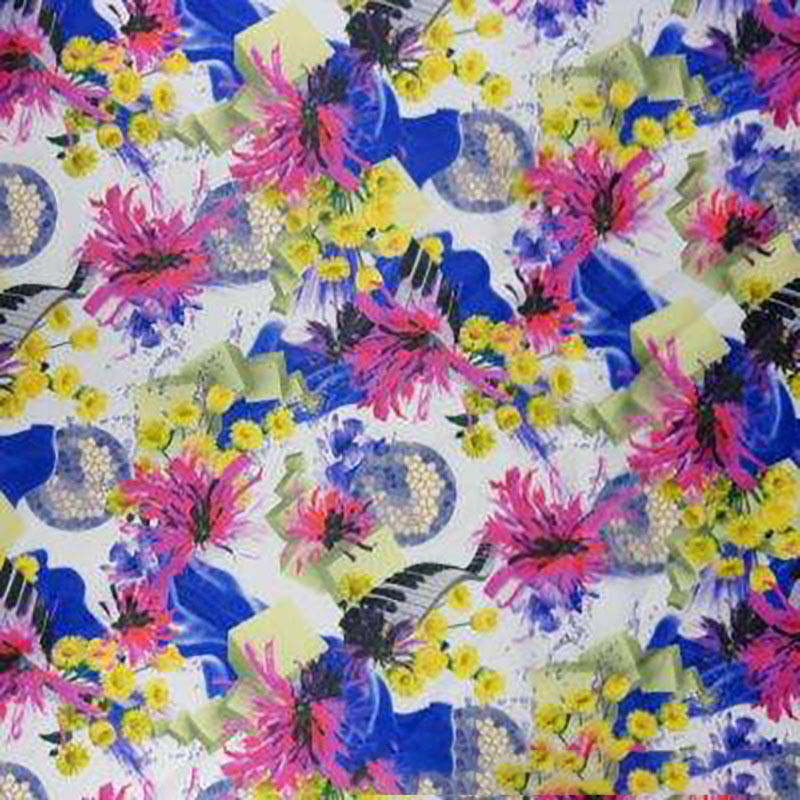In recent years, the textile industry has witnessed a remarkable transformation driven by technological advancements and a growing emphasis on sustainability. As a leader in this field, I have observed firsthand how innovative practices are shaping modern textiles, enhancing performance, and meeting the demands of a conscious consumer base.

One of the most significant trends in modern textiles is the sustainable fabric movement. As environmental concerns escalate, brands are increasingly prioritizing eco-friendly materials. These fabrics not only reduce environmental impact but also offer durability and performance; characteristics modern consumers seek. Sustainable practices include the use of organic fibers, recycled materials, and eco-friendly dyeing processes.

The integration of technology into textile production has revolutionized the industry. From advanced manufacturing techniques to smart textiles, the possibilities are endless. High-tech fabrics enable moisture-wicking, temperature control, and stain resistance, catering to consumer needs. Furthermore, digital printing techniques allow for intricate designs and tailored solutions, reducing waste and enhancing creativity.

Despite the exciting advancements, challenges remain. Balancing sustainability with cost-effectiveness is crucial for broader adoption across the industry. Additionally, educating consumers about the benefits of innovative textiles is essential for driving demand. As we forge ahead, collaboration among manufacturers, designers, and retailers will be vital to overcome these hurdles.
.jpg)
The future of modern textiles is vibrant and full of potential. By embracing innovative technologies and sustainable practices, we can enhance the quality and functionality of textiles while promoting a healthier planet. As I continue to navigate this evolving landscape, I look forward to contributing to a more sustainable and technologically advanced textile industry.
.jpg)
